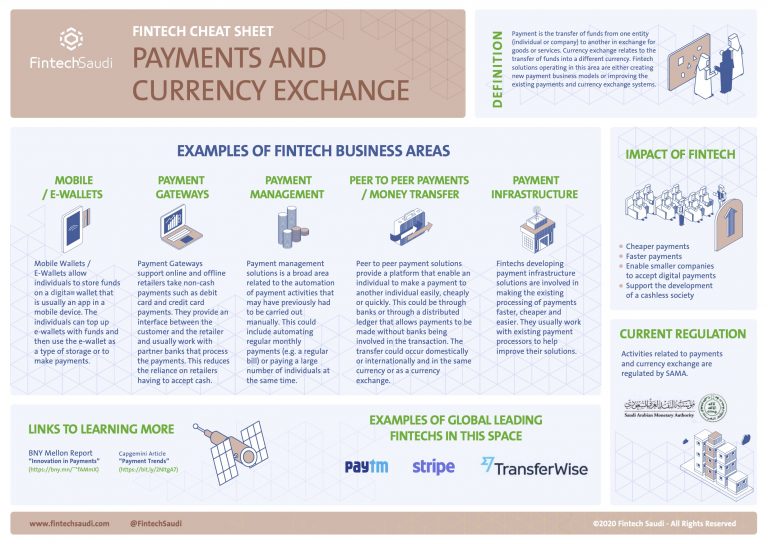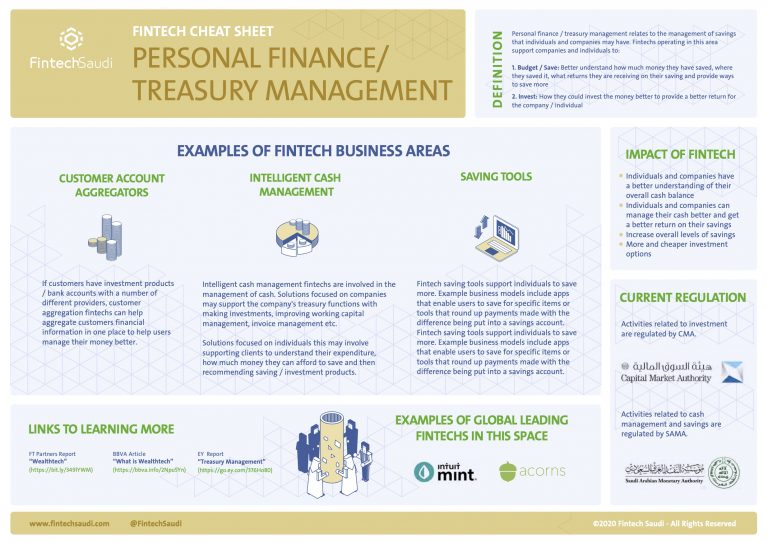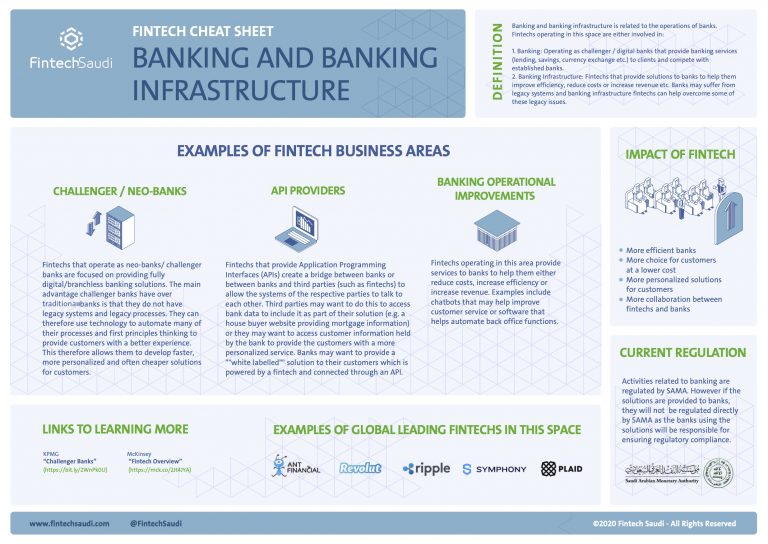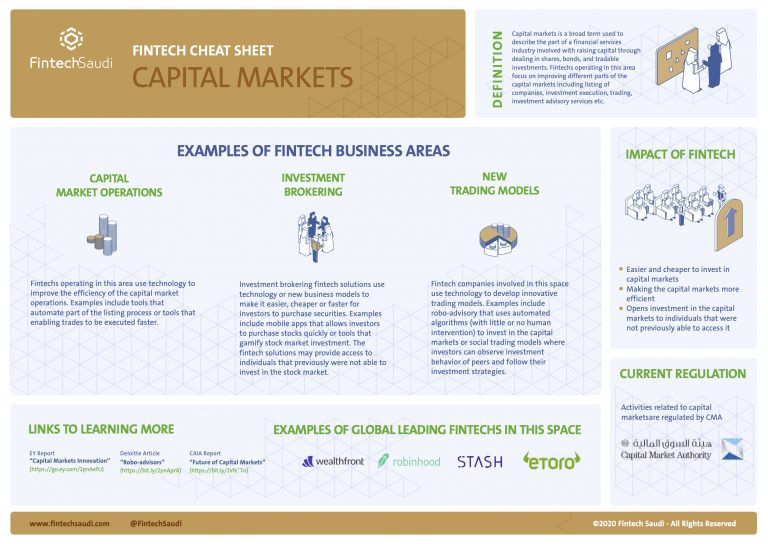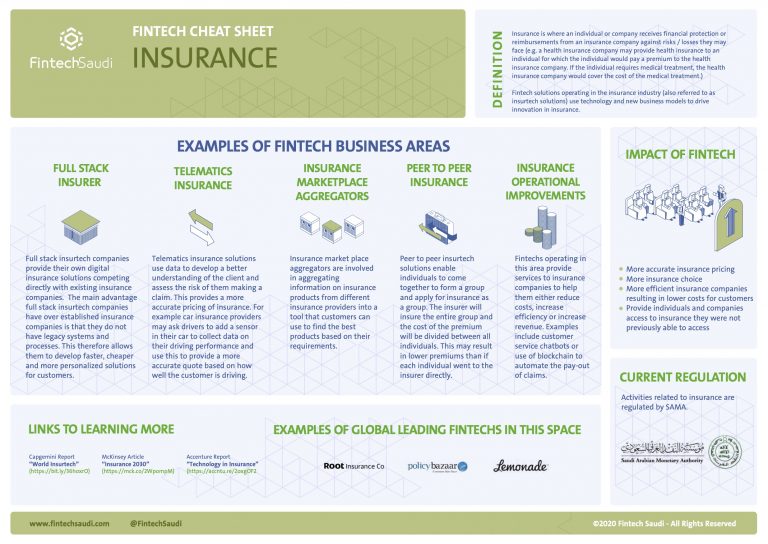Category: Ten Talk
Bank Accounts for Tech Startups
While it’s a ‘take-your-pick’ scenario as far as tech licenses goes, trying to open a bank account brings you back to earth…
Ok. Am at it again. After the massive response to my take on DIFC Innovation Licenses (yes, all my staff read it), I’ve been asked (threatened) to shed some light on bank account options. Hmm…now how do I make this sound good, without making a few (all) enemies in the process?
Entrepreneurs in the UAE have never had it better.
From paying obscene licensing and office space fees as recently as two years ago, they have, due to no logical reason (Careem, Souq) been flooded with subsidized (cheap) tech license options from the unlikeliest of free zones (I didn’t say DIFC and ADGM). Add the instant license from DED to the mix, and hey and pesto – now even the neighborhood kid is an entrepreneur…actually no, kids can’t be shareholders yet (his dad is), and so is Suresh Wadkar from Citi (oh..Suresh, you did inform Citi, didn’t you?). Anyways, the fact of the matter is that it is easier, and much cheaper, to get started on that dream project of yours (provided, it’s not just some random dream you had and remember just bits of).
Bank accounts for that squeaky clean (yes, Corona virus had to figure here, for the SEO) new startup however, are a whole different ballgame.
Ever since the EU (and some acronyms like OECD and FATCA and MAKELIFETOUGH) decided to up the ante, and consequently the UAE Central Bank came out with its Economic Substance Regulations (is that too much legal yada yada? The last of it, I promise), banks have had it tough.
Rumours have it that the compliance guy at XYZ Bank (you didn’t think I was going to name it and risk censure, did you?) is paid twice as much as the RM, all thanks to the truckload of paperwork that he has to sieve through just to get the application sorted. Now before you compliance people come complaining, let it suffice to say that opening a bank account is tough. Very tough. One month tough. And God help you, if you are a startup who scraped the bottom of the barrel just to pay the license fees.
So what are the options really?
The word in the market is that RMs now look for a relationship (money, money) of anywhere between AED 150,000 to AED 300,000, so as to get that much needed clearance from the powers that be. While this is your money, in your bank account, exclusively at your disposal to use as you deem fit (sorry, I know I said no legal talk), it still is a dichotomy –
how do I manage to get access to this cash, when I barely cobbled together enough to pay for my company?
That’s the million-dollar (or 150k Dirham) question.
There is hope at the end of the tunnel though. Some banks are now trying to come up with solutions (when they are not busy trying to look cool for the millennials, who don’t really care anyway) that meet expectations midway – a low balance account with reduced services and monthly maintenance fees, and no chirpy RM to help you through the process.
Not a deal breaker. Given the fact that most startups tend to get things done themselves (something that makes us consultants very unhappy), they can live with (or Liv with it…get it? No? never mind) filling out online forms with ‘Bizzz’ sprinkled all over them (refer trying to look cool part above), as long as the work gets done.
So, grin and bear it. Until Revolut comes along (did I tell you that they are already registering interest?) and then, everyone gets disrupted (evil laugh).
Finding trouble opening a bank account for your startup?
Get in touch!
(common, a guy has to earn a living).
DIFC Innovation License for Tech Startups
The coolest tech ecosystem in town!
Working in a startup is stressful as it is. What helps (and this is from personal experience), is the presence of fellow entrepreneurs around you. There is a lot of collective learning that happens in tech, and being part of a vibrant ecosystem contributes a lot to the package.
The DIFC Fintech Hive is one such tech community that is slowly but steadily gaining traction.
It initially started out as a Fintech accelerator, but quickly morphed into much more than the limited space it had tried to carve out.
The DIFC Fintech Hive is now a full-fledged, all-encompassing tech hub, where established players rub shoulders with newbies who have little more than a dream and a passion to go about it. There is a lot of excited founder-talk, cross-introductions and hopeful meetings, and a whole lot of presentation material for potential seed and VC investors (who may sometimes walk right past you and you fail to put a name to a face). Well, some people don’t have all the luck, do they?
Why get setup in the DIFC?
A question I’ve been asked often enough – what’s a financial services jurisdiction (thatin itself sounded a bit too serious) doing in technology? Isn’t the DIFC all about suits and ties and deep conversations on global markets?
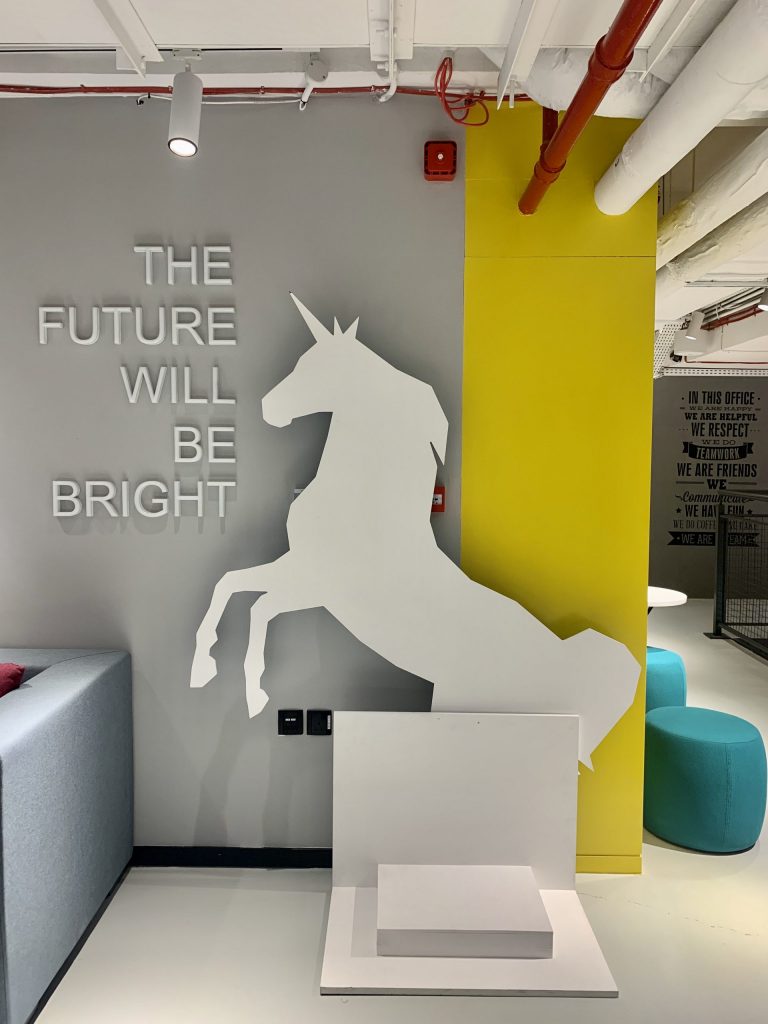
Turns out that it isn’t. The DIFC had recognised the power of technology (especially fintech) quite early on, but jumped onto the bandwagon a bit later (after someone else opened shop down the road). Nevertheless, it has quickly gained traction, and dare I say, eclipsed the early starters in quite a few ways. Added to the mix is it’s location in the Gate Avenue, that is in itself a great place to hang out (need some startup lingo here, do excuse me…).
And so here they are, three years and over a hundred and thirty technology startups later, with the DIFC Innovation License, that offers multiple subsidies for a generous period of four years, a co-working space in the heart of Dubai and more importantly, a willing team to help grow your startup into something tangible and hopefully (one day) world-beating.
Options?
Without getting into the nitty-gritty (we are consultants after all, not much for free!), there are two roads – the regulated and the non-regulated. If you are a fintech company that deals with money, or blockchain, or…well anything that can screams regulation, you would need to trudge down to the friendly neighbourhood regulator – the DFSA. Well, they aren’t that friendly if you screw up, but that’s another story (so, in short, don’t mess up). Assuming your have a business plan that is more (much more) than a dream you woke up with one fine morning, and you have good credentials to back you up, you can opt for a regulatory sandbox (provided it hasn’t been done for your kind of business before), or a full-scale license (yes, it is quite comprehensive, so find an investor).
You can also opt for a non-regulated technology license, that allows you to have a company registration and a bank account (don’t get me started on that part). But be good and don’t start doing your regulated part of the business (refer DFSA paragraph above).
All good, but how much does it cost?
By DIFC standards, the Innovation License is quite inexpensive – US$ 1,500 to be precise. And that’s every year, for four years. What happens past four years? Well, for now, you would have to pay full-board, but if you haven’t really ‘started up’ in four long years, maybe it’s time to reconsider the business model anyways. Sarcasm apart, you also have to shell out US$ 500 (plus the VAT of course) for co-working space in the DIFC Fintech Hive (glamorous pics here) – that is payable monthly, and that is a big relief to visionary (but mostly broke) entrepreneurs like me.
You get the option for four visas on the desk space (visa costs are subsidised as well), so the only question remains…
How would four people fit on that desk??
No, ignore that. So the only question remains…
Why don’t I consider Fujairah? (try opening a bank account genius)
Ignore that as well. The only question remains…
What are you waiting for??
Zoho Remotely
Zoho creates Remotely – a suite of remote working tools – free till July 2020
While most companies in the UAE have still not declared a work-from-home policy for its staff, many smaller companies, including tech startups, have already started collaborating remotely.
Sensing an opportunity, CRM and productivity apps maker Zoho built and released a new suite of remote working tools in literally a week.
Zoho Remotely will enable you to take your work remote by offering a complete suite of web and mobile apps that will help you communicate, collaborate and be productive.
Remotely is a bundle of 11 applications from Zoho
Zoho ShowTime – Engagement and training tool
Zoho Writer – Collaborative word processor
Zoho Sheet – Collaborative spreadsheet application
Zoho Cliq – Instant messaging/chat platform
Zoho Show – Business presentation tool
Zoho Meeting – Video conferencing tool
Zoho Sprints – Agile project management software
Zoho Lens* and Assist – Remote support software
Zoho WorkDrive – Document management tool
Zoho Projects – Comprehensive project management tool
*Zoho Lens only available in the US
You can access Zoho Remotely here:
https://www.zoho.com/remotely/


